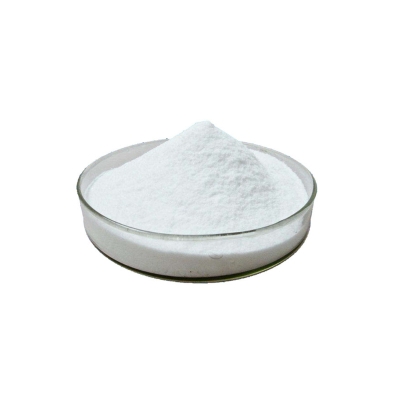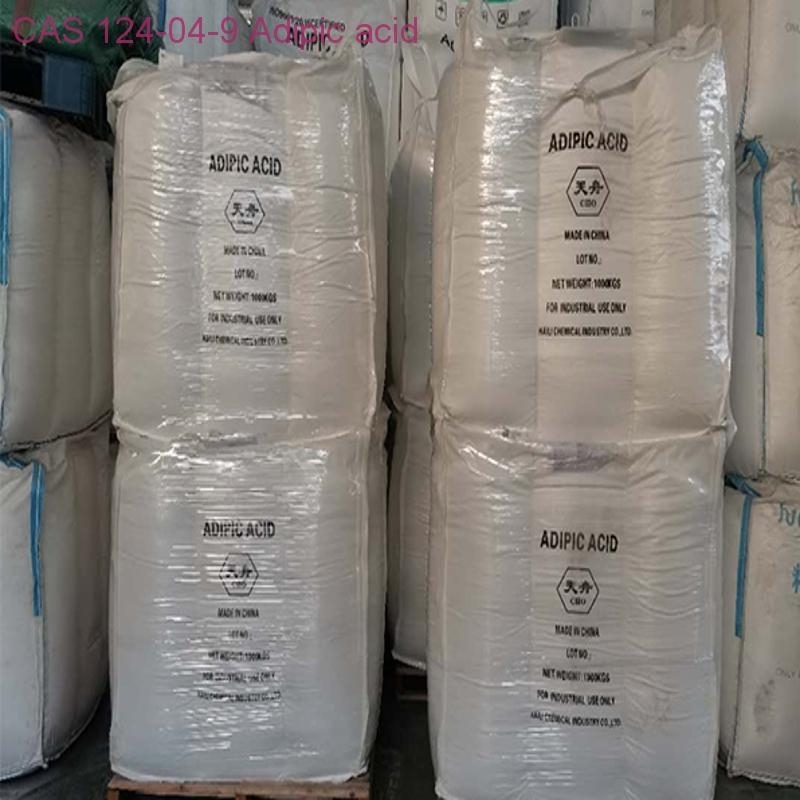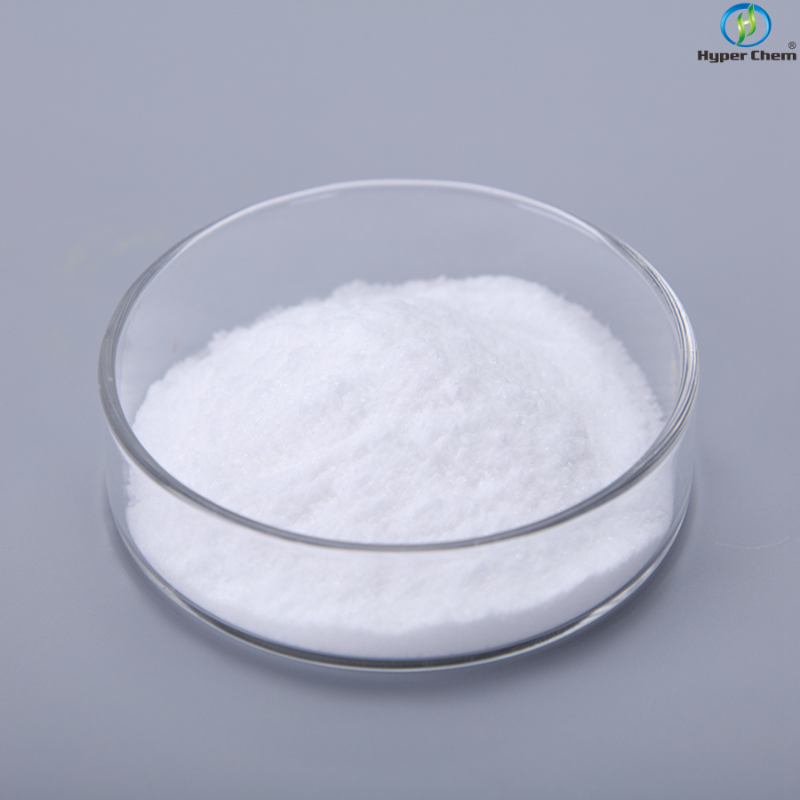-
Categories
-
Pharmaceutical Intermediates
-
Active Pharmaceutical Ingredients
-
Food Additives
- Industrial Coatings
- Agrochemicals
- Dyes and Pigments
- Surfactant
- Flavors and Fragrances
- Chemical Reagents
- Catalyst and Auxiliary
- Natural Products
- Inorganic Chemistry
-
Organic Chemistry
-
Biochemical Engineering
- Analytical Chemistry
-
Cosmetic Ingredient
- Water Treatment Chemical
-
Pharmaceutical Intermediates
Promotion
ECHEMI Mall
Wholesale
Weekly Price
Exhibition
News
-
Trade Service
Pyridoxine hydrochloride, also known as vitamin B6, is an essential nutrient that plays a critical role in many biological processes.
In addition to its importance in human health, pyridoxine hydrochloride also has numerous applications in the chemical industry.
One of the most common uses of pyridoxine hydrochloride in the chemical industry is as a catalyst for the production of various chemicals and materials.
For example, it is commonly used in the production of polyurethanes, which are widely used in the manufacture of foams, adhesives, and coatings.
Pyridoxine hydrochloride acts as a catalyst for the reaction between a diisocyanate and a polyol, which results in the formation of a urea-based polyurethane.
Another application of pyridoxine hydrochloride in the chemical industry is in the production of pharmaceuticals.
The compound is used in the synthesis of various drugs, such as anti-seizure medications and anti-depressants.
It is also used in the production of intermediates for these drugs, such as the synthesis of the anti-seizure drug, valproic acid.
Pyridoxine hydrochloride is also used in the production of plastics and synthetic fibers.
In the production of polyesters, for example, the compound is used as a catalyst for the polymerization of monomers, resulting in the formation of a solid polymer.
It is also used in the production of nylon, a commonly used synthetic fiber, as a catalyst in the reaction between a diamine and a diacid.
In addition to its use as a catalyst, pyridoxine hydrochloride is also used as an intermediate in the production of various chemicals and materials.
For example, it is used in the production of agricultural chemicals, such as herbicides and insecticides, and in the production of dyes and pigments.
Pyridoxine hydrochloride is also used in the production of personal care products, such as soaps and shampoos.
The compound is used as a catalyst in the production of sulfates, which are commonly used in the formulation of personal care products.
Overall, pyridoxine hydrochloride has numerous applications in the chemical industry due to its ability to act as a catalyst for various reactions and its use as an intermediate in the production of various chemicals and materials.
The compound's importance in human health also underscores the need for its safe and responsible use in the chemical industry.







